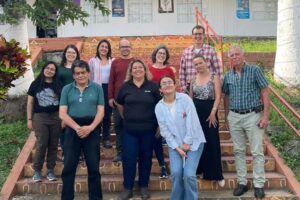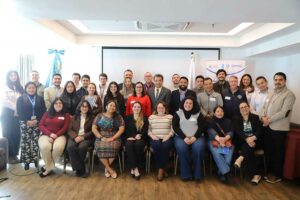Environmental defenders from indigenous peoples, Afro-descendant communities, and conservation leaders participate in a course on Environmental Human Rights.
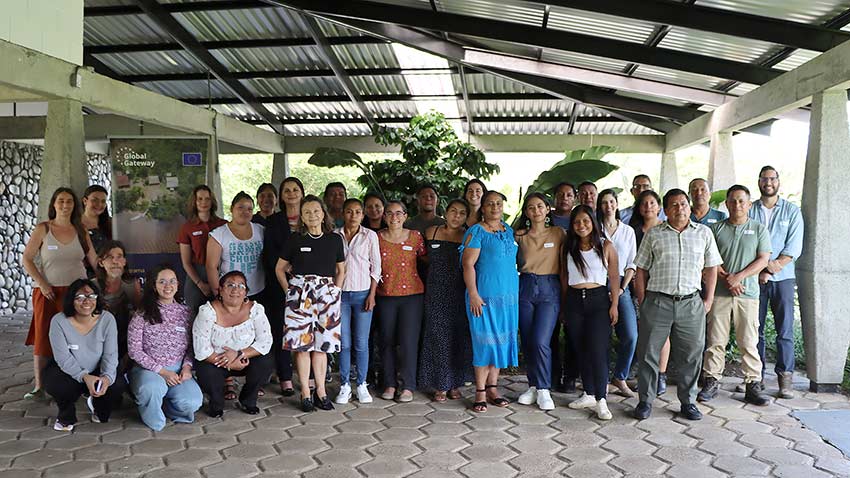
- The activity was carried out within the framework of component 4 of the Mesoamerican Great Forests Program, the Weaving Networks project.
With the aim of strengthening the capacities of environmental defenders in the areas of environment and human rights, CATIE launched a training course, the first module of which was held on Friday, August 8, at its campus in Turrialba, Costa Rica. Representatives from indigenous territories, Afro-descendant communities, and conservation areas in Costa Rica, La Amistad region, and Nicaragua participated in this first phase.
The course provides conceptual tools that recognize and support the comprehensive work of environmental defenders, incorporating a cross-cutting approach to gender and human rights. It also promotes the development of soft skills and offers teaching methodologies based on the “training of trainers” model, with the aim of strengthening the leadership, advocacy, and territorial defense capacities of participants.
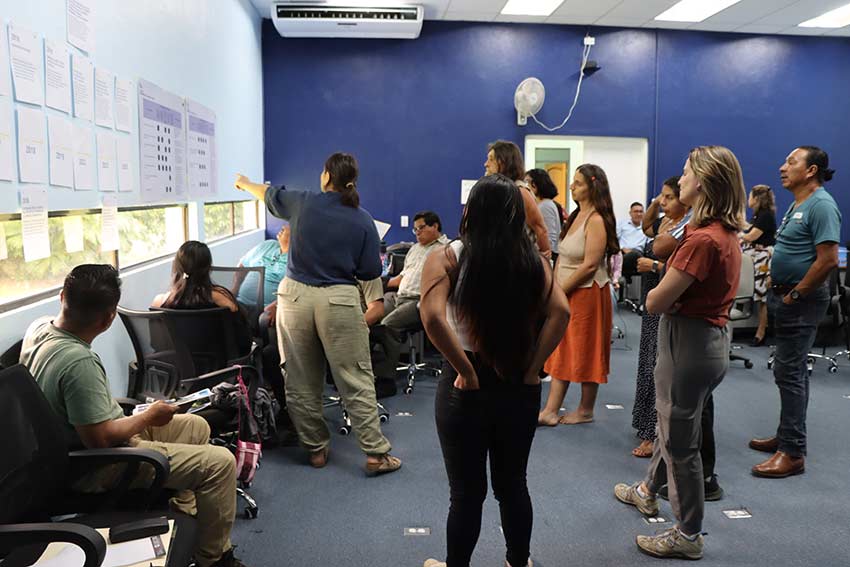
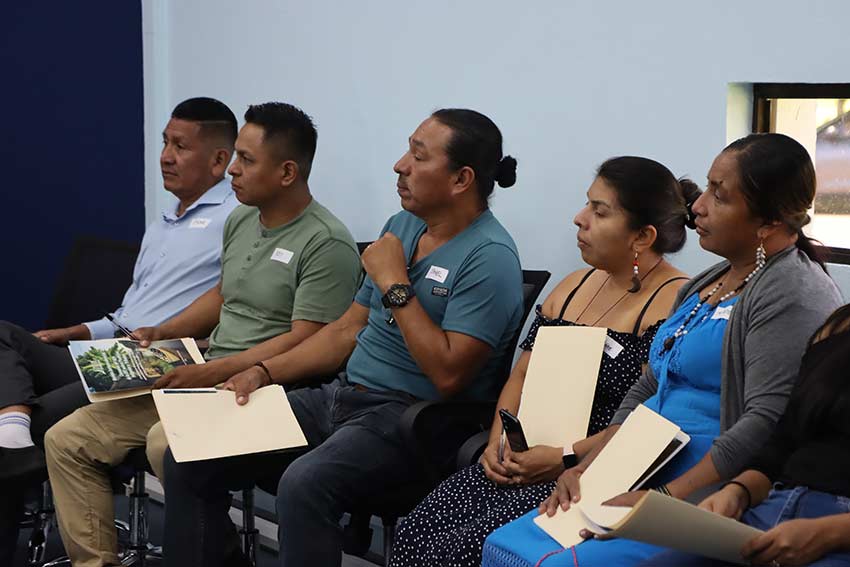
“These spaces allow us to exchange knowledge from different peoples and territories across the country, as well as analyze the current situation and aspirations of indigenous peoples and territories on key issues such as the environment and the defense of those who protect all that is in the territory,” said Abigaíl Rodríguez, a member of the fire brigade of the Salitre Indigenous Territory.
The opening of the module was led by Magistrate Damaris Vargas, judge and vice president of the Supreme Court of Justice of Costa Rica, who spoke about the Public Policy on Access to Justice for Indigenous Peoples. "This policy is being co-developed with the indigenous peoples of Costa Rica so that they can tell us, from a person-centered vision of justice, what problems they face in relation to the judiciary and opportunities for improving access to justice. These peoples have fundamental rights recognized in ILO Convention 169, which establishes that all processes related to them must be resolved in accordance with their own cosmovision," she explained.
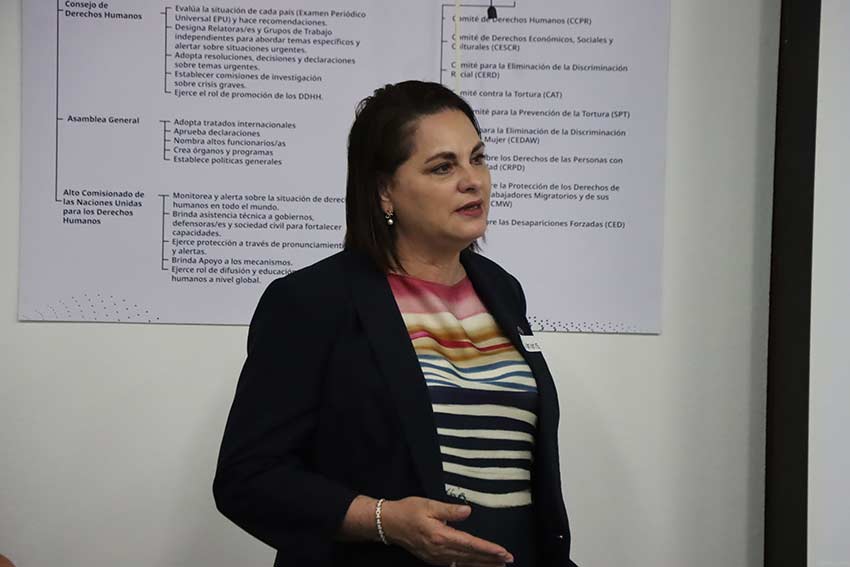
During the conference, subjects such as “Intersectionality in the defense of territory and the environment,” “Historical development of human and environmental rights—indigenous rights in the international arena,” “National regulatory landscape,” and “Strengthening our community: tools to facilitate” were also discussed. The training process is based on the principles and guidelines of the Escazú Agreement, a regional treaty that addresses the rights of access to justice, information, participation in environmental matters, and the protection of human rights defenders in environmental matters.
“Indigenous peoples are the most effective defenders of Central America’s great forests and, at the same time, the ones who face the most persecution of all kinds. This training empowers and strengthens participants’ abilities to defend their territory and forests, as well as to protect themselves,” said Hugo Lázaro, an indigenous Brunca lawyer and course participant.
This event marked the start of the Training Program on Environmental Human Rights and the Protection of the Great Forests of Mesoamerica. In September, capacity building for environmental defenders from the Trifinio Dry Corridor and Tortuguero will begin, which will continue until November of this year.
This capacity-building proposal is led by CATIE and is being developed within the framework of the Tejiendo Redes project, an initiative co-financed by the European Union and Sweden, through the Swedish International Development Cooperation Agency (Sida), and implemented by IUCN and CATIE. Tejiendo Redes is part of the Mesoamerican Large Forests Program, which covers the territories of the Maya Forest, La Mosquitia, the Trifinio Dry Corridor, Indio Maíz-Tortuguero, La Amistad, and Darién.
Written by::
Alejandro Portilla Navarro
Communicator
Communications and Marketing Office
CATIE
alejandro.portilla@catie.ac.cr

